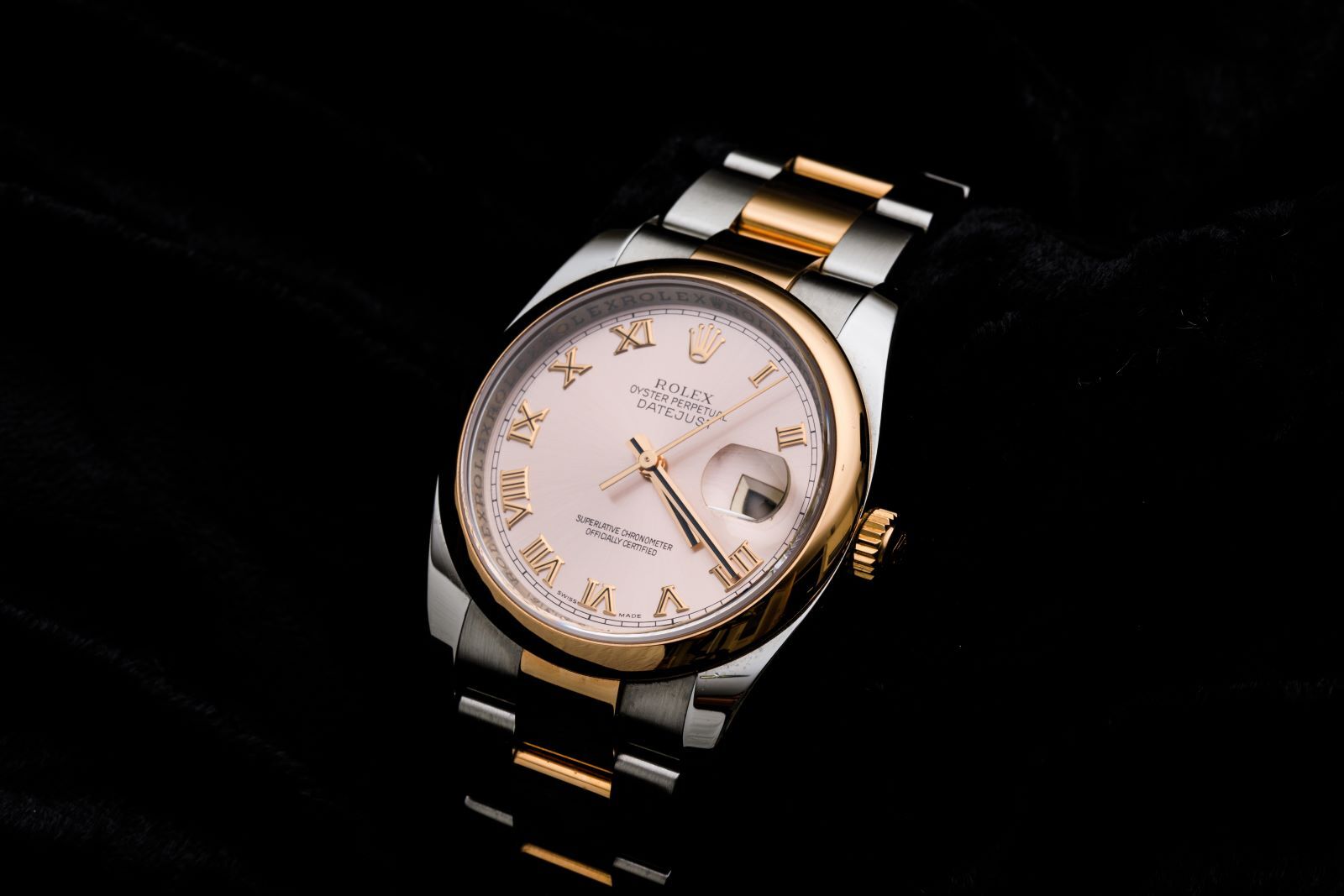Best Family Wealth Planning in Dubai
Published: 30 July 2025
Dubai catches the attention of many people — but as families put down roots here, the conversation around money is changing. It’s less about making it and more about what happens next. How to protect it. How to pass it on. And how to make sure decisions made today still work twenty years from now.
As more families stay longer and raise future generations here, the need for clearer, more adaptable frameworks — financial, legal, and personal — has become part of the everyday conversation.
In family offices and private meeting rooms across the city, you’ll hear talk of trusts, succession, and tax residency — but also legacy, education, and values. Here’s how families in Dubai are approaching wealth today — and the frameworks helping them do it well.

From Handshake Deals to Formal Structure
It wasn’t uncommon, even a decade ago, for family wealth to be managed through a handful of trusted relationships — a lawyer, a bank contact, and a lot of verbal understandings passed down through generations.
But that kind of informality can break down under pressure. As families become more international and next-generation members take on larger roles, there’s a growing shift toward clearer structures: written constitutions, formal governance, and defined roles.
Without these formal structures in place, families often find themselves unprepared when a key decision-maker passes or major life changes occur. Misunderstandings over roles, rights, or inheritance can lead to disputes — not out of malice, but because nothing was ever written down.
Platforms like the DIFC and ADGM make that easier. Families can now set up trusts, holding companies, or even private foundations under legal systems that follow international best practice — all without losing the flexibility Dubai provides. The goal isn’t rigidity. It’s clarity. And in many cases, it’s the difference between a smooth transition and a fractured estate.
Estate Planning Gets Serious Attention
For many families, estate planning used to be something to handle later. But Dubai’s legal changes — and the reality of international family structures — have moved it up the priority list.
Whereas estate planning once came up later in life, many families are now addressing it much earlier — often in their 30s or 40s — as part of a more intentional approach to managing wealth and legacy.
The introduction of civil inheritance laws changed the game. Non-Muslim families can now register wills that follow their home country’s laws and cover Dubai assets, from property to bank accounts.
Families with investments across multiple countries now take a different approach. Offshore companies in places like Singapore handle international assets, whilst regional investments go into UAE-based trusts. This keeps different types of wealth separate and makes succession smoother.
Law firms like Clyde & Co, BSA Ahmad Bin Hezeem, and Stephenson Harwood guide families through this process, particularly when multiple countries are involved.
Tax Planning and Citizenship Strategy
Dubai isn’t just attractive for lifestyle reasons. With no personal income tax and family-friendly residency options, it works well financially too.
But global tax rules have tightened. International reporting requirements are now fully active, and the UAE has introduced corporate tax. Families with ties to multiple countries are reviewing how they’re structured to stay compliant everywhere.
Many are now making the UAE their official country of residence and are exploring second citizenship options. This involves coordinating immigration, tax, and reporting requirements across every country that matters to the family.
Second passports are no longer just status symbols — they’re tools for mobility, continuity, and risk management, especially when home-country policies become less stable or less aligned with long-term plans.
Henley & Partners, Fragomen, and Savory & Partners help families navigate these changes, handling everything from passport applications to tax filings while keeping arrangements sustainable long-term.
Beyond Wealth Preservation
As younger members become more involved, wealth planning is turning into a more personal affair. It’s no longer just about protecting assets — it’s about defining a clear purpose for the family’s wealth and how it should be used in the years ahead.
Some families are building charitable giving into their governance structures through family foundations or donor-advised funds. Others involve younger members in legacy conversations, using wealth planning to bridge generational differences.
Values-based planning also creates connection: younger members are more likely to stay engaged when the family's wealth reflects something beyond numbers — like a shared commitment to education, entrepreneurship, or cultural legacy.
Dubai's global connections make it an effective base for families who want their philanthropy to have a meaningful impact. The city's proximity to markets in Africa and Asia, combined with established networks in Europe and North America, allows families to direct resources where they can make the biggest difference.
Strategic Philanthropy Ltd. and private banks like Lombard Odier and Julius Baer help families develop these approaches — providing both the financial structure and guidance on meaningful family engagement across generations.
The Reality
In Dubai, family wealth planning is no longer seen as something for later — or only for a select few. It’s part of the everyday conversation, shaped by changing laws, shifting priorities, and a deeper desire for clarity.
The focus now is less about reacting to what’s next, and more about preparing for it — with the right advisors, the right frameworks, and a long-term view that respects both structure and flexibility.
Building a legacy or rethinking one, Dubai has the foundations that make complex planning achievable.



